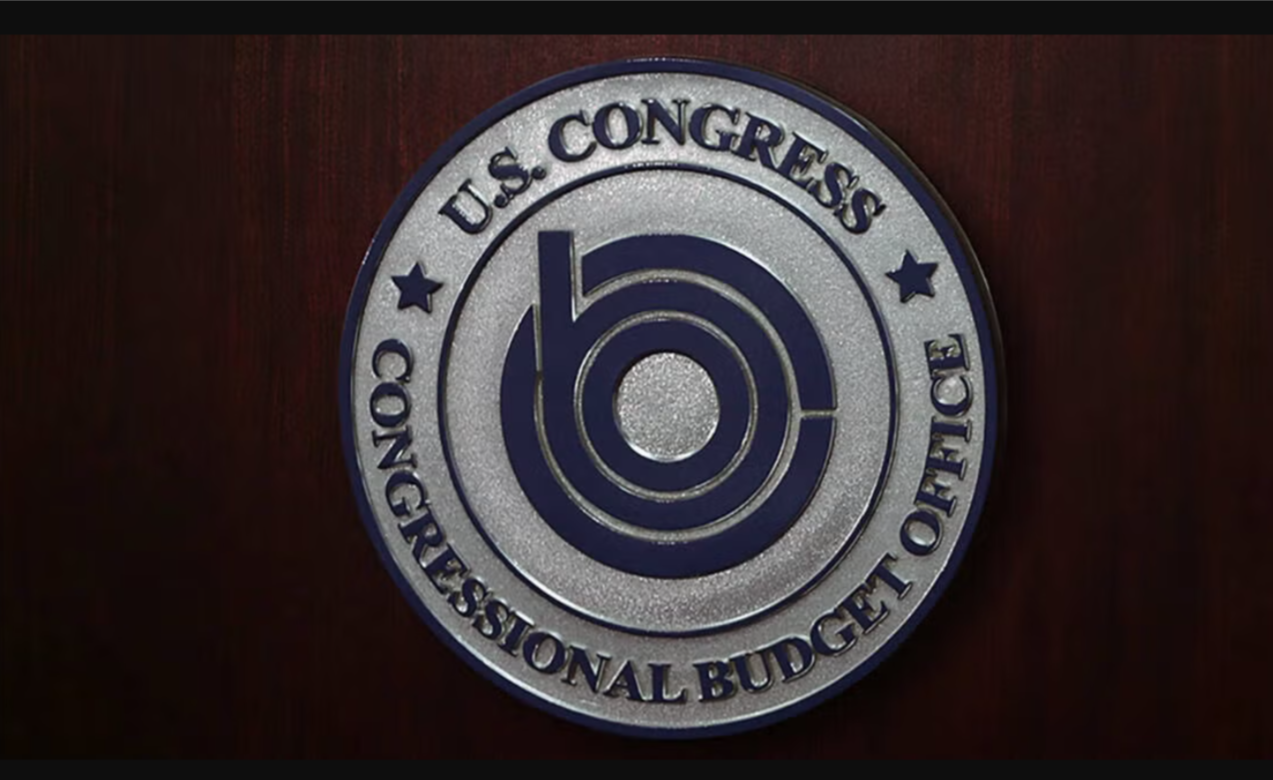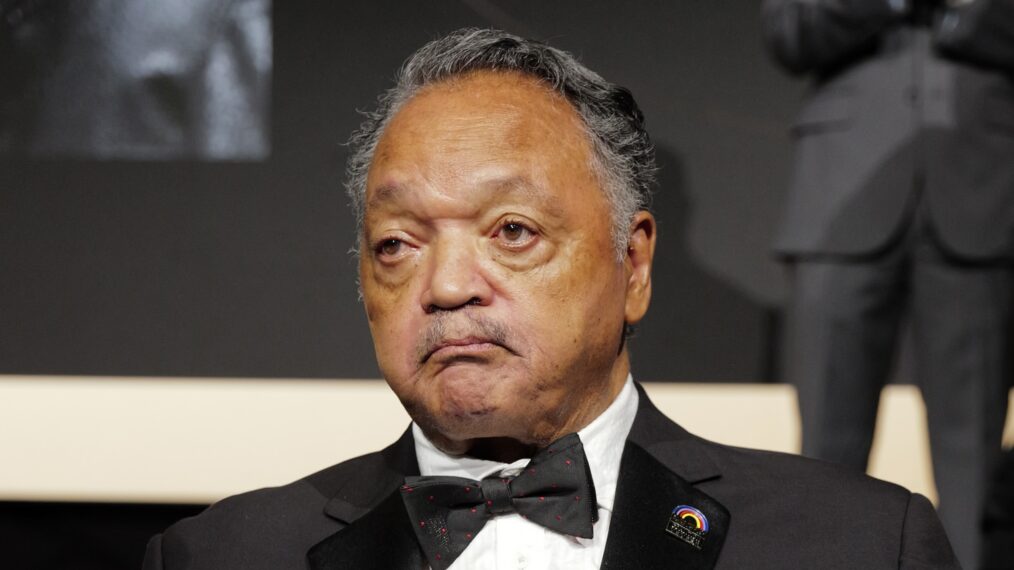(ThyBlackMan.com) The National Museum of African American History and Culture opened its permanent home in 2016 on the National Mall in Washington, D.C. Among the museum’s many exhibitions is one that explored slavery and enslaved people in America through the lens of Thomas Jefferson’s Monticello plantation. The exhibit, “Paradox of Liberty,” highlights two critical elements in American history. The first is the paradox of the American Revolution—the fight for liberty in an era of pervasive slavery.
The second element is the self-contradiction of the man who was the primary author of the Declaration of Independence. When we look at national unity from patriotic and moral lenses, it can best be described by the paradox of five powerful words authored by Thomas Jefferson: “All men are created equal.” And yet Jefferson was an owner of slaves.

Jefferson was a complex man who was an oppressor (slave owner) while at the same time, he was oppressed by the British. He was a man who achieved a degree of freedom when the American colonies gained their independence from Great Britain. However, he chose not to extend independence and liberty to all his slaves when he denied their freedom after his death. There were over 600 enslaved men, women, and children during Jefferson’s lifetime on his Virginia plantation. Jefferson would set only two of them free.
As the facts of Jefferson, the oppressor, are disheartening, he wrote those five powerful words from the perspective of being an oppressed citizen at the hands of King George III of England. As our nation celebrates Independence Day, we should remember that Jefferson wrote the Declaration of Independence to inform a “candid world” about the “long train of abuses” the American colonies were subject to the rule of King George III. It listed and explained, in point-by-point detail, the “patient sufferance of the colonies,” which justified their reasons for public protest. With an unsuspecting world being part of his written audience, Jefferson exposed the truth about the oppressor and the truth concerning the oppressed.
The anger, humiliation, and pain oppressed people must endure (then and now) were evident in his words. He understood the divine rights of kings is the belief that the right to rule comes directly from God and is not derived from the people. It is believed that kings are not answerable for their actions to the people whom they are led to govern. As the author of the Declaration of Independence, a disrespected Jefferson was focused on King George III, who saw himself as superior to everyone. In his “No Justice, No Peace” message to the world, he made it clear that despite one man’s position as ruler and another as subject, in God’s eyes, Thomas Jefferson and King George III were both created equal as human beings. In principle, he stressed that the divine rights of kings were wrong. Despite being an oppressor, our primary focus, in this case, should be on the everlasting contribution of Jefferson’s written words rather than the hypocrisy of his immoral actions.
Jefferson’s words spoke for all oppressed people throughout all eras of time. To those considered “others,” he gave them fighting ammunition against men and women who considered themselves superior because of race, religion, class, level of education, gender, or for any unjust reason. Any type of injustice, unfairness, or social inequality cannot, in good faith, stand up against the moral weight of “All men are created equal.” Jefferson’s words were a deep commitment to human equality. They were ultimately used by future men and women to oppose slavery, justify the right of women to vote, end segregation, and fight income inequality. Despite Jefferson’s understanding that oppressed people will always need to be vindicated, as an oppressor and slave owner, he reminds us how America started and remains a nation filled with shameless hypocrisy.
The Supreme Court’s recent ruling in favor of striking down affirmative action and the consideration of race in college admissions is another example of self-contradiction, this time by Justice Clarence Thomas. While Supreme Court Justices Clarence Thomas and Ketanji Brown Jackson both benefitted from affirmative action, Justice Brown Jackson voted to uphold it, and Justice Thomas voted to strike it down. In the 1970s, Yale University followed an affirmative action policy to increase minority college admissions and achieve a goal of 10 percent minority enrollment. In 1971, Clarence Thomas was admitted to Yale’s Law School as part of its affirmative action program.
Thomas later became chairman of the Equal Employment Opportunity Commission, where he spoke of the importance of affirmative action. Thomas told fellow staffers at the EEOC that “God only knows where I would be today” if not for the legal principles of equal employment measures such as affirmative action that are critical to minorities and women in this society.” Thomas continued, “These laws and their proper application are all that stand between the first 17 years of my life and the second 17 years.” Both Jefferson and Thomas were self-centered men at times, but the contrast is clear. At least Thomas Jefferson gave future generations something to work with, while Clarence Thomas chose to take it away.
Written by David W. Marshall
Official website; https://davidwmarshallauthor.com/
















I may very well be wrong, but it seems that the commentary around Justice Thomas and his indifference or animosity towards Affirmative Action stems from his experiences with those who accused him of being less qualified and undeserving of the progress he made or his admission to Yale Law School. It is easy to see why he would be offended by such remarks, but his mistake comes into play when he targets Affirmative Action instead of targeting those who made ignorant, racist, and offensive remarks about his worthiness. As a fourth generation, college-educated black man, I can understand his rage and I would have been inclined to give him the benefit of the doubt for his rage had he not attacked Affirmative Action instead of the remarks and those who made them. When Blacks encounter debasement, we often turn on one another or the policies that assist us instead of the causes for, or the supporters of camouflaged obstructions based on race.